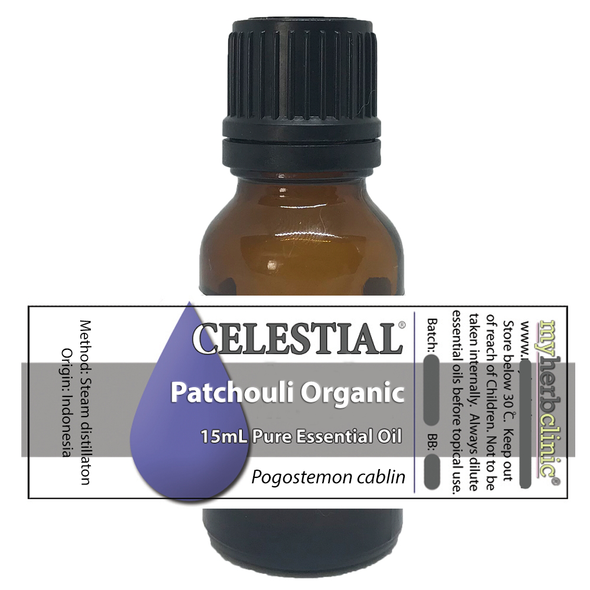Description
Organic Anise Essential Oil
Botanical Name: Pimpinella anisum
Origin: Egypt
Method: Steam Distillation
Part Used: seeds
Perfumery Note: Top to Middle
Scent: rich, sweet, warm, spicy, licorice-like
Typical Main Constituents: anethole, estragole, anisaldehyde
Blends well with: Cardamom, Cedarwood, Cinnamon, Clove, Lavender
Discover the rich, sweet, and licorice-like aroma of Anise Essential Oil, steam-distilled from the seeds of the Pimpinella anisum plant. This warm and spicy essential oil is prized for its bold fragrance, often used in perfumery, aromatherapy, and natural formulations.
With its uplifting scent, Anise Essential Oil is a popular choice for creating invigorating blends and adding a touch of warmth to home fragrance products. It has long been favoured in herbal traditions and is widely used in soaps, candles, and personal care formulations.
Key Features:
100% Pure & Natural – Steam-distilled from high-quality anise seeds
Warm, Sweet, and Licorice-Like Aroma – Perfect for blends and personal care products
Versatile Uses – Ideal for aromatherapy, soap-making, candles, and perfumes
Popular in Traditional Formulations – A key ingredient in herbal remedies and perfumery
Hand-Packed in Australia
Ways to Use:
Aromatherapy: Add a few drops to a diffuser for a warm and comforting ambiance.
Massage Blends: Dilute with a carrier oil and use for a soothing massage.
Natural Perfumery: Incorporate into your DIY perfumes for a unique, sweet-spicy note.
Soap & Candle Making: Enhance your homemade creations with its bold and distinct aroma.
Caution: For external use only. Always dilute before topical application. Keep out of reach of children and pets. Consult a professional before using if pregnant or nursing.
Topical Application Information:
This essential oil is pure and undiluted, so if you wish to use it on your skin it will have to be diluted first. The general guide to using essential oils on your skin is that they should be diluted to a maximum of 3-5% in a carrier oil.
Essential Oil Safety:
Always dilute essential oils before applying them to your skin as when undiluted they may cause skin irritations. It is always a good idea to do a small patch test somewhere like the back of your hand when using a new essential oil for the first time.
DO NOT ingest essential oils. It is against the TGA (Therapeutic Goods Administration) Guidelines to suggest ingestion of essential oils in Australia. This is due to safety concerns around the harm an undiluted and highly concentrated essential oil can do when ingested. There are very few exceptions to this, which include a small number of essential oils allowed to be used in the food manufacturing industry in highly diluted amounts for flavouring and scent (such as Lavender and Peppermint), or when under the care of a qualified Naturopath or Aromatic Medicine Practitioner (holds recognised qualifications, and is a member of a Professional Association granting TGA exemptions).
It is always best to avoid using essential oils on or around your pets. Dogs process most essential oils similar to how humans do, and will usually not be bothered by most essential oils being diffused in a well ventilated space. Many dog shampoos and conditioners also contain essential oils. However we recommend you never leave a dog unsupervised in a room with an essential oil diffuser on. Cats do not tolerate essential oils and small amounts may be harmful, even using a diffuser in the same room may cause toxicity.
Essential Oil Storage:
Essential oils can last well beyond their best before in most cases when stored well. Minimise the time your lids are removed from bottles to reduce oxidisation, keep your lids on tight, and store out of light in a cool place.














